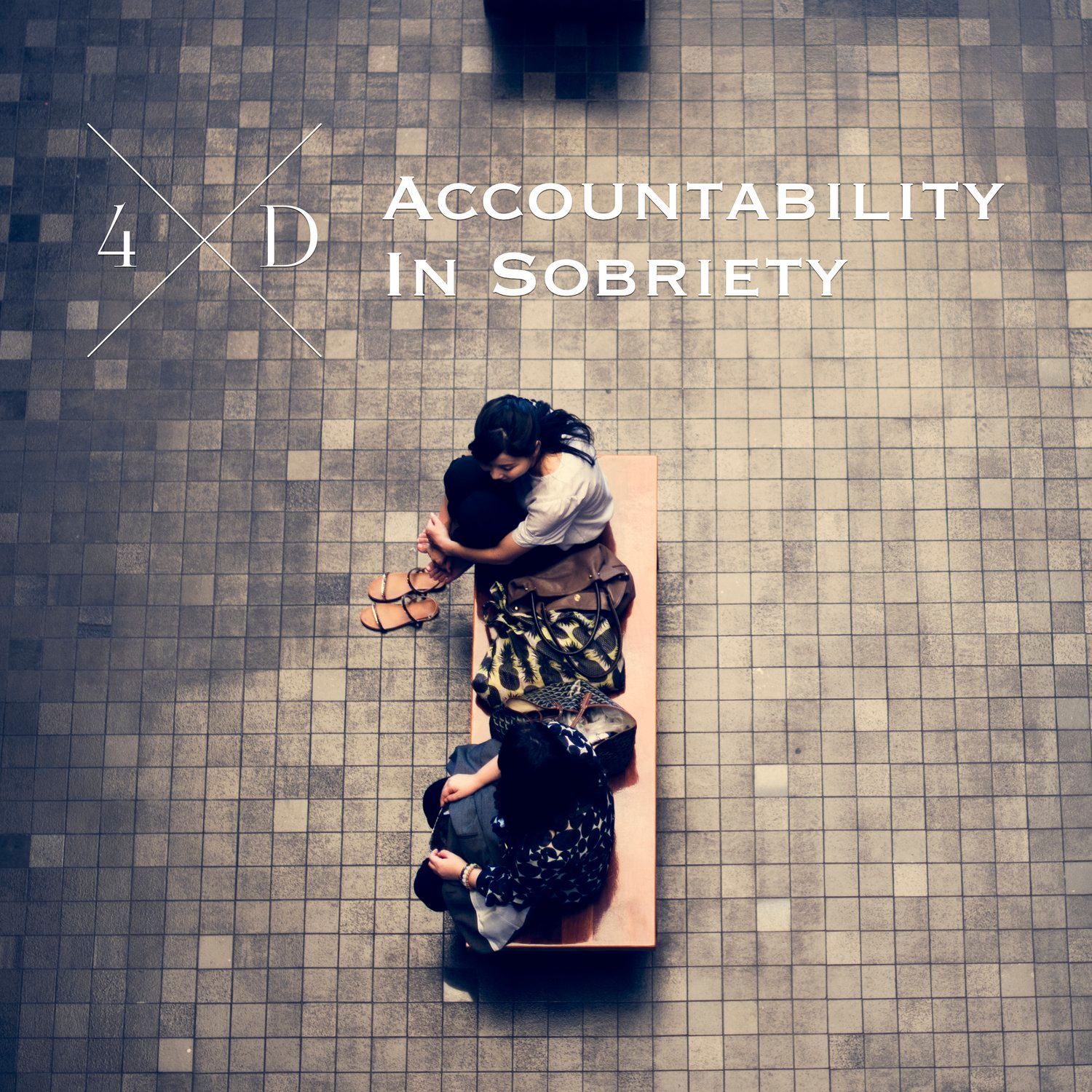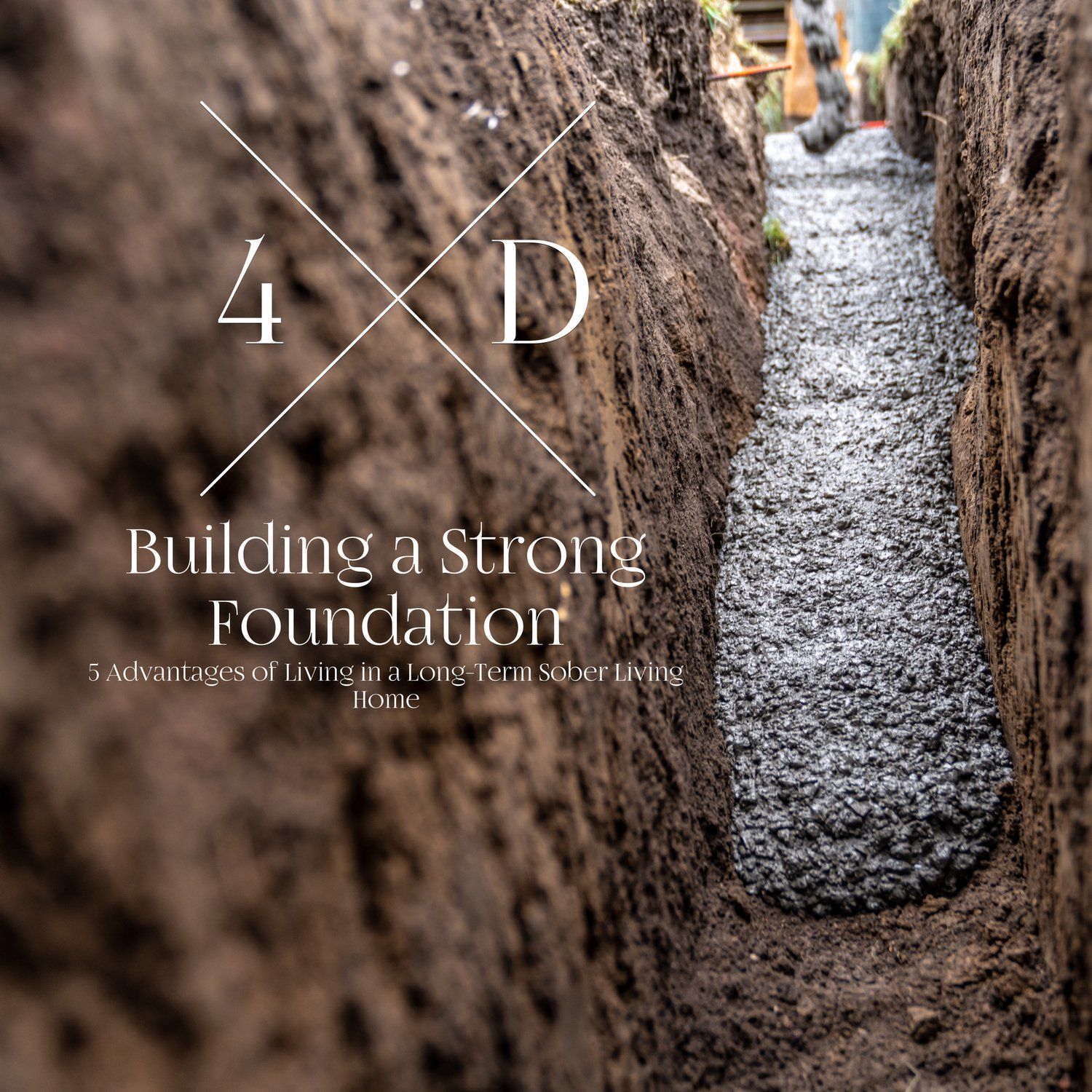Choosing the right sober living home is a crucial step for anyone striving to maintain long-term sobriety. The transition from a rehabilitation center back to everyday life can be challenging, and a sober living home can provide the necessary structure and support to make this shift smoother. To ensure you’re making the best choice for your specific needs, there are several key factors to consider. This guide will help you navigate these options and find a sober living environment where you can thrive. Here's a look at what to consider when looking for a sober living organization.
Your Personal Needs
Your unique situation plays a significant role in determining which sober living home will be the best fit for you. Consider your personal triggers, mental health status, and any co-occurring disorders. Some facilities specialize in dual diagnosis treatment, while others may focus more on specific substance abuse issues. Knowing your personal needs and what you require for a conducive recovery environment is the first step in making an informed decision.
Also, be sure to ask if the facility offers any additional services or amenities that may be important to you, such as therapy options, recreational activities, or support groups. It's important to find a
sober living organization that aligns with your individual needs and preferences in order to set yourself up for success in your recovery journey.
Location and Environment
As you likely know, the geographical location and surroundings of a sober living home can significantly influence your recovery process. Some individuals may benefit from being close to family and friends for support, while others might prefer a location away from their regular environment to avoid triggers. You should always research facilities to see how the setting and community can impact your sobriety journey positively or negatively.
Consider factors such as access to nature, urban amenities, and proximity to treatment resources when choosing a location that will best support your recovery goals. You can also explore the social dynamics and atmosphere of each sober living home to ensure it aligns with your personal preferences and comfort level.
Program Specializations and Amenities
Did you know that, according to the National Association of Addiction Treatment Providers, alcohol use disorders affect 32.6 million people in the United States? As you might imagine, different sober living homes offer varied therapeutic programs and amenities to help individuals through different strategies. Some may provide comprehensive recovery plans that include counseling, life skills training, and recreational activities, while others might have more basic offerings.
Depending on your comfort level and needs, it’s essential to find a home that caters specifically to your requirements, whether that includes specialized programs, dietary needs, or fitness facilities. Ultimately, the goal of sober living homes is to provide a supportive environment for individuals in recovery from substance use disorders. By choosing a facility that aligns with your personal goals and preferences, you can increase your chances of successful long-term sobriety.
Cost and Financial Considerations
While the cost should not be the only deciding factor, it’s inevitable that financial considerations play a role in your decision. Determine what your insurance covers concerning sober living homes and explore any available financing options. Many facilities offer sliding scale fees or payment plans to make their services more accessible. Comparing the costs and doing a cost-benefit analysis can help you make a choice that's both financially feasible and beneficial to your recovery.
Remember to also consider the overall quality of care and services provided at each sober living home, as this will greatly impact your recovery journey. It's important to find a balance between cost and quality to ensure you are receiving the best possible support for your long-term sobriety.
Contact Us to Learn More
Choosing the right sober living home is a significant step toward sustaining your sobriety and achieving long-term recovery. By assessing your personal needs, considering the location and environment, checking for accreditation, evaluating program specializations, and understanding the financial aspects, you can make an informed decision that aligns with your recovery goals. Remember, the ultimate aim is to find an environment that supports your journey to a healthier, sober life. If you're looking for effective sober living services in the Milwaukee, WI area, be sure to reach out to our team at 4th Dimension Sobriety today.











Share On: